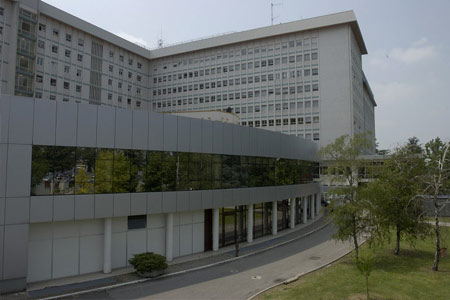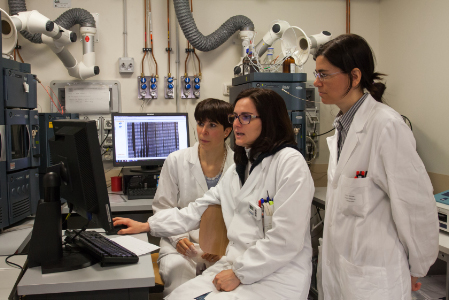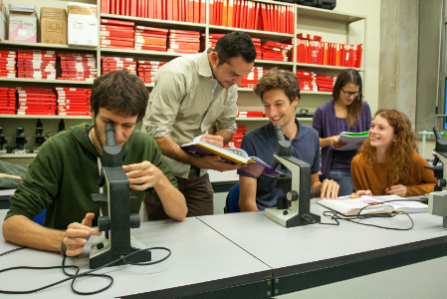Pancreatic adenocarcinoma remains an incurable disease, infact even if Gemcitabine is the standard chemotherapeutic agent, nevertheless, the prognosis of
pancreatic cancer patients is still poor. Oncolytic therapy appears as a promising advance in cancer treatment since traditional anticancer therapies are highly toxic
for normal cells and for some types of cancer, as pancreatic cancer, still totally ineffective.
Our previouse study identified two molecular phenotypes of pancreatic cancer characterized by a differential expression of interferon-stimulated genes and easily
recognized by the expression of the Myxovirus-resistance A protein (MxA). We proved that the two phenotypes are characterized by different permissivity to viral
vectors used for gene therapy.
In fact cell lines expressing the interferon stimulated gene MxA resisted to Adenovirus 5 mediated lysis or GFP Ad5 mediated expression in vitro.
The aims of this proposal are to:
1) understand the mechanism that is leading to the upregulation of the interferon stimulated genes in pancreatic cancer cells.
2) design a new therapeutic combinatory strategy to increase the efficacy of oncolytic therapies by reverting the adenoviral therapy resistant phenotype.







